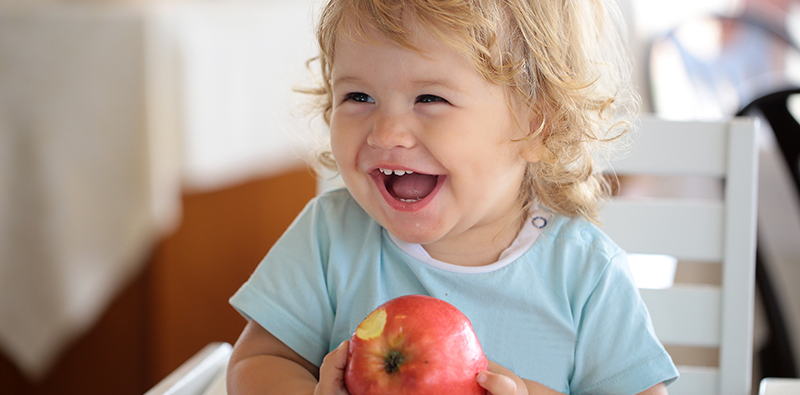
Having symptoms of depression or anxiety could be affecting the way mothers feed their children and could contribute to youngsters developing unhealthy eating habits, a new study has found. Women who experienced mental health problems, even at low levels, were found to use more controlling or non-responsive feeding practices with their children.
Loughborough University psychologist Dr Emma Haycraft said that the use of controlling feeding practices can disrupt children’s internal regulation. This can contribute to youngsters refusing to eat – meaning that they might then only eat a limited range of foods – or to them overeating – which can lead to them becoming overweight or obese.
Her paper, Mental health symptoms are related to mothers’ use of controlling and responsive child feeding practices: A replication and extension study, was published in the journal Appetite.
She said: “Stress and anxiety are very real for parents and despite having good intentions the pressure to encourage a child to eat a healthy balanced diet every day can be overwhelming. If you’re stressed or anxious, you might be more likely to give in to a child’s demands for unhealthy food. Alternatively, you might find feeding to be challenging and feel the need to withdraw from the situation.”
The research found that when mothers experienced symptoms of anxiety or depression, they were less likely to be a good role model and eat healthy foods in front of their child. They were also less likely to monitor or keep track of what their child eats. Both role modelling and appropriate amounts of monitoring are related to healthy child eating and weight and it could be concerning that mothers experiencing even mild-to-low levels of anxiety or depression might not be using these feeding behaviours with their children.
The early years are known to be important for shaping children’s food preferences and so these interactions around food and mealtimes could have important longer-term impacts for children.
The study looked at 415 women, with an average age of 32, who all had children aged between two and four-years-old.
The participants were asked to fill in two comprehensive questionnaires. The first focussed on child feeding and looked at areas including teaching about nutrition, involving children in mealtime preparation, having a healthy home food environment, use of pressure for children to eat, and the use of food rewards. The mothers were asked to respond (on a five-point scale) to statements such as:
- I encourage my child to eat a variety of foods
- I restrict the food my child eats that might make him/her fat
- I offer my child his/her favourite foods in exchange for good behaviour
- I show my child how much I enjoy eating healthy foods
- If my child eats only a small helping, I try to get him/her to eat more
The participants were then given a measure of anxiety and depression symptoms to complete, which gave an indication of their mental health.
Dr Haycraft said: “Helping children to eat well is a goal for many parents and so these findings are important as they suggest that some mothers, who are experiencing low mood or anxiety, might find it more difficult to use some of the feeding practices that we know can help to promote healthy eating habits in children.
“This evidence provides further information to inform the development of tailored family-based interventions and is likely to be beneficial for professionals, researchers, policymakers and practitioners working with families to identify areas to target in efforts to improve caregiver-child interactions around food and eating and to support childhood obesity prevention efforts.”